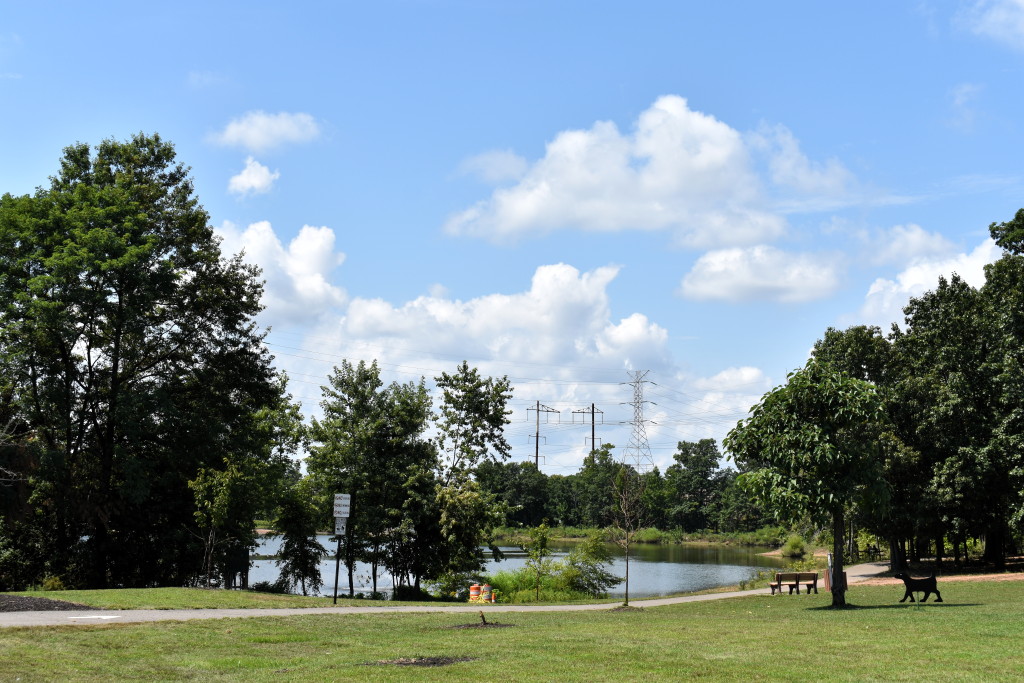EDISON – Restrictions remain in effect to not drink or have contact with water at Lake Papaianni Park on Municipal Boulevard due to levels of harmful algae found in the lake.
“It’s up to Mother Nature to help us now,” Edison Health Director Jay Elliot explained in a statement. “We need a heavy rainfall to help wash away this algae bloom. Once that happens, the DEP’s [Department of Environmental Protection] Bureau of Freshwater and Biological Monitoring will retest. If our lake water comes up clear, the state will lift restrictions and allow Edison to remove our signs.”
Red warning signs have been posted at access points to Lake Papaianni until such time as the algae levels no longer exceed the recommended levels, officials said in an advisory notice posted on the township website.
The New Jersey DEP and Bureau of Freshwater and Biological Monitoring tested samples of algae found in the lake and the analysis has revealed levels of harmful algae at or above the New Jersey Health Department Advisory Guidance standards.
Residents are advised not to drink or have contact with the water including, but not limited to, swimming, wading and water sports. Fish caught in the waterbody should not be eaten. Pets and livestock should not contact or drink the water, the notice states.
Edison’s Lake Papaianni is not alone. This summer, algae bloom have caused closures and restrictions at lakes across New Jersey, starting with Lake Hopatcong in Sussex County. Algae also caused the state DEP to restrict access and monitor the Manasquan Reservoir in Howell; Rosedale Lake in Pennington; Lake Musconetcong, Stanhope; Deal Lake, Asbury Park; Greenwood Lake, West Milford; portions of Sunset Lake in Asbury Park; Swartswood Lake, Stillwater; and Budd Lake Beach, Mount Olive, officials said.
For more information, visit www.state.nj.us/dep/wms//bfbm/advlanguage.html.

